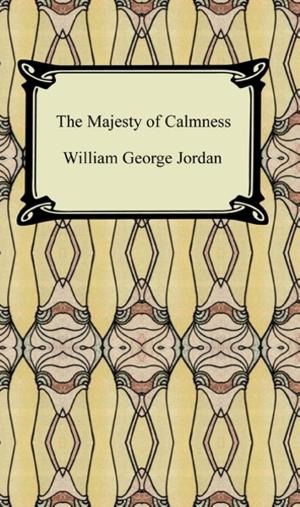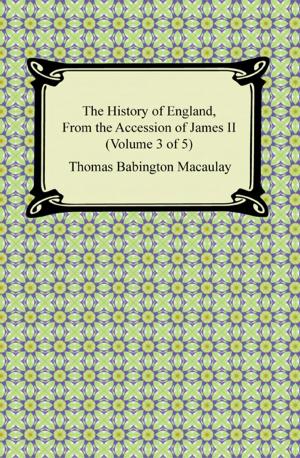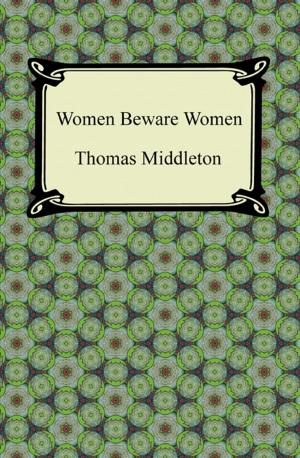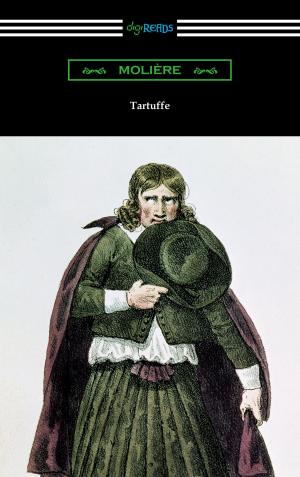Hegel's Introductory Lectures on Aesthetics
Nonfiction, Religion & Spirituality, Philosophy, Aesthetics| Author: | John Steinfort Kedney | ISBN: | 9781420939729 |
| Publisher: | Neeland Media LLC | Publication: | December 15, 2009 |
| Imprint: | Digireads.com Publishing | Language: | English |
| Author: | John Steinfort Kedney |
| ISBN: | 9781420939729 |
| Publisher: | Neeland Media LLC |
| Publication: | December 15, 2009 |
| Imprint: | Digireads.com Publishing |
| Language: | English |
Georg Wilhelm Friedrich Hegel was one of the foremost philosophers of the nineteenth century, best known for his exploration of the realm of human existence, and, in particular, his beliefs in an ultimate reality called the Absolute Spirit. A lifelong scholar, theorist, lecturer and writer, Hegel's reputation as the most important philosopher in Germany eventually led to his prestigious post as Chair of Philosophy at the University of Berlin in 1818, a position he would hold till his death in 1831. Here is the complete collection of Hegel's "Lectures on Aesthetics", compiled from notes taken by both Hegel and his students on lectures given between 1818 and 1829. The work is presented in three sections, each detailing Hegel's theories on beauty and the ideal, particular forms of art, and the five major art forms. Although his notoriety diminished somewhat in the twentieth century, Hegel's "Aesthetics" has been revered as one of the greatest aesthetic theories since Aristotle.
Georg Wilhelm Friedrich Hegel was one of the foremost philosophers of the nineteenth century, best known for his exploration of the realm of human existence, and, in particular, his beliefs in an ultimate reality called the Absolute Spirit. A lifelong scholar, theorist, lecturer and writer, Hegel's reputation as the most important philosopher in Germany eventually led to his prestigious post as Chair of Philosophy at the University of Berlin in 1818, a position he would hold till his death in 1831. Here is the complete collection of Hegel's "Lectures on Aesthetics", compiled from notes taken by both Hegel and his students on lectures given between 1818 and 1829. The work is presented in three sections, each detailing Hegel's theories on beauty and the ideal, particular forms of art, and the five major art forms. Although his notoriety diminished somewhat in the twentieth century, Hegel's "Aesthetics" has been revered as one of the greatest aesthetic theories since Aristotle.















